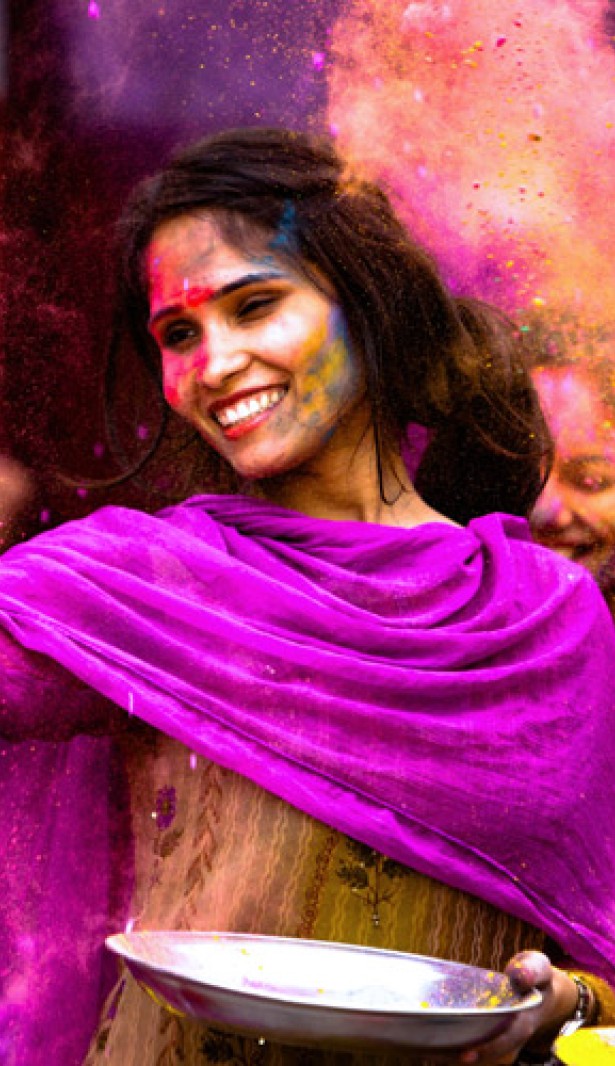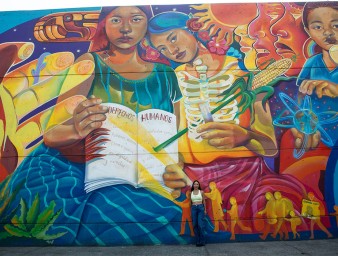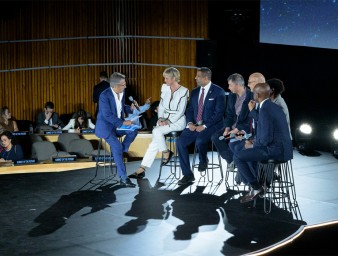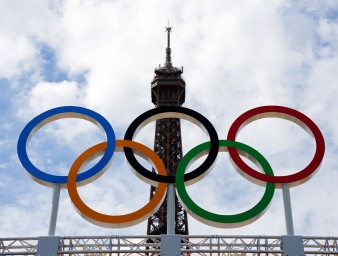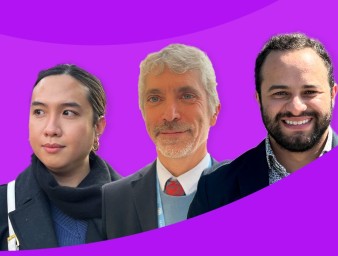UN expert: arts and culture help create and maintain stable, peaceful societies
30 October 2018
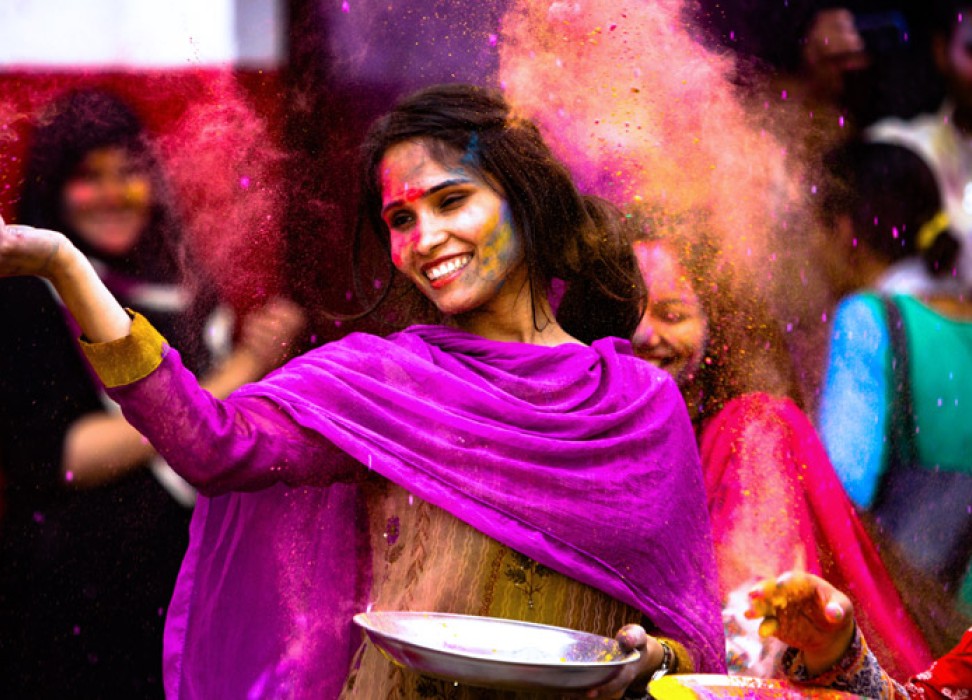
The arts and culture have the ability to bind and heal societies and the practitioners and practices should be protected and allowed to flourish, said Karima Bennoune.
“Cultural and artistic expressions have a strong transformative power and can influence the societies we live in,” said Bennoune, who is the UN Special Rapporteur in the field of cultural rights. “This power can be used either to maintain division in society or to overcome it.”
Bennoune recently presented her latest report on cultural rights to the UN General Assembly, followed by a discussion about the importance of cultural diversity and cultural rights with Nobel Laureate for literature Wole Soyinka on Facebook. This discussion reiterated the importance of engaged cultural and artistic practices, as highlighted in her previous report, which help shape more inclusive and peaceful societies by addressing social challenges such as exclusion and violence.
As an example, Bennoune told about the NGO Free Women Writers. The group is a non-profit, non-partisan, all-volunteer women’s rights group based in Afghanistan and among the Afghan diaspora. The mission of the group is to improve the lives of Afghan women through advocacy and storytelling. It has published a collection of Afghan women’s writings in defence of human rights, distributed in local languages and in English.
“Afghanistan’s women are often talked about, but rarely listened to,” the NGO writes on its website. “We hope to challenge the one-dimensional portrayal of Afghanistan and Afghans at a global level by elevating authentic Afghan voices.”
This kind of work can be particularly useful in societies recovering from violence and deep division, like Afghanistan, Bennoune said.
“Actions in the field of culture can address some of these needs in ways that other approaches may not be able to,” she said.
Bennoune also pointed out that Governments and intergovernmental bodies need to accept that some artistic and cultural works will inevitably be critical of government and of society and even some aspects of religious and cultural practices. But these expressions also need to be protected, and not controlled nor censored.
“Governments have the responsibility to preserve existing spaces and institutions for this exercise of cultural rights as well as create new ones and to support the voices of tolerance, equality and diversity,” she said.
Bennoune said the report is a timely reminder of the universality of culture and how culture and human rights go together. She said she is increasingly worried by rhetoric coming from politicians and others normalising the othering of certain groups.
“I am very worried the discourses of exclusion we are hearing… that it is acceptable to express hate speech, to express discriminatory views in a way that a few years back people would have known not to,” she said.
The report also makes recommendations calling on specific stakeholders to share responsibility to establish and maintain the conditions necessary for people to take part and contribute through arts and cultural practices to the definition of their society. There is also a call to improve investment into culture and the arts, saying such investment is still often seen as a luxury.
“For the sake of human rights, including cultural rights, this must change as a matter of urgency,” Bennoune said.
30 October 2018
